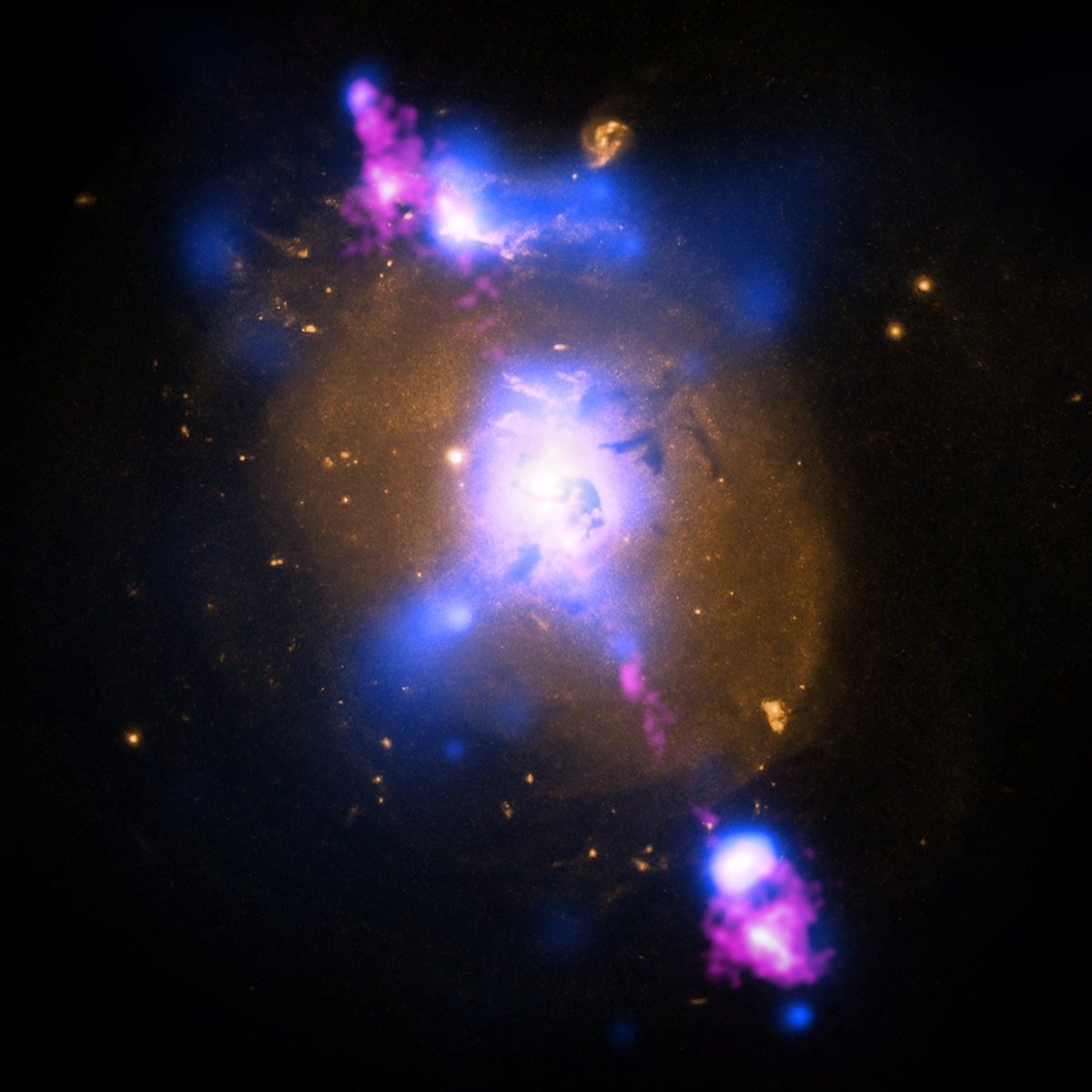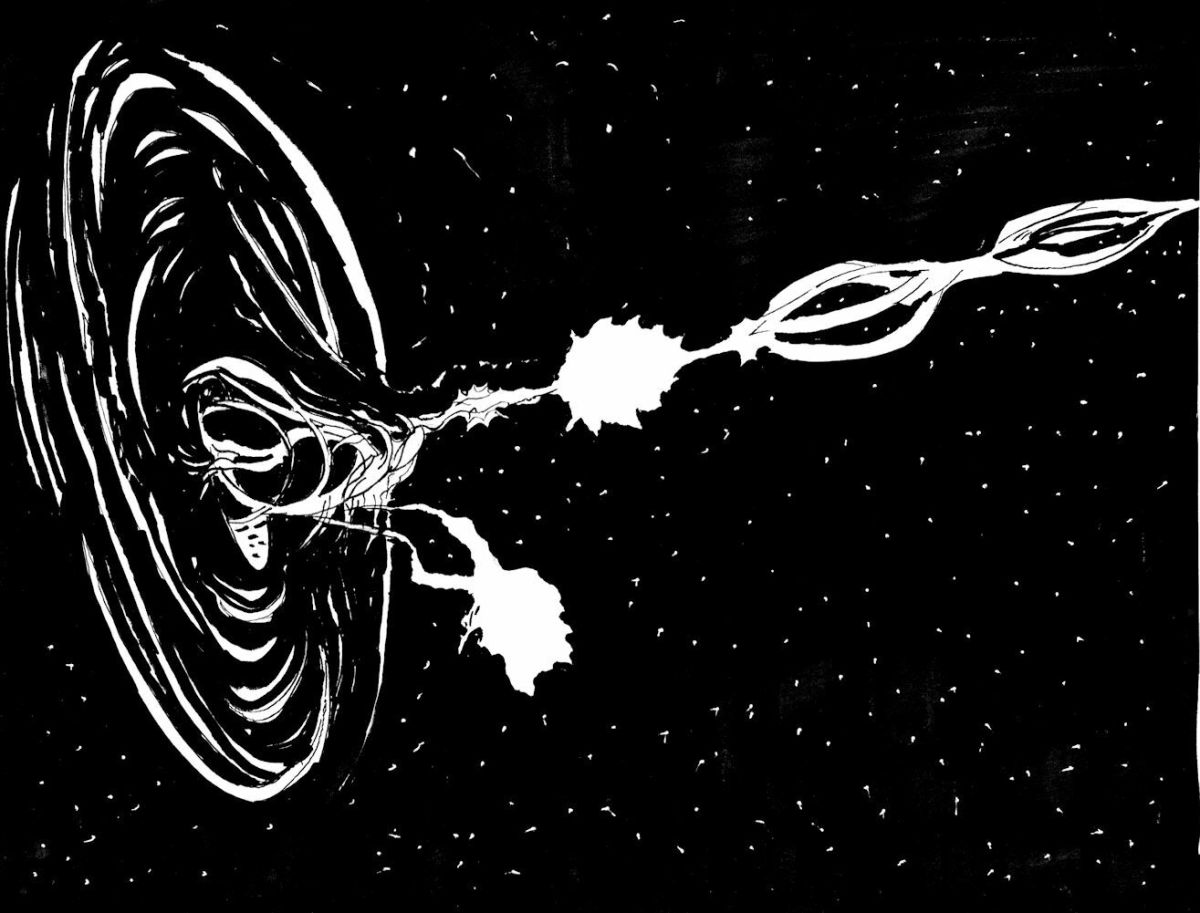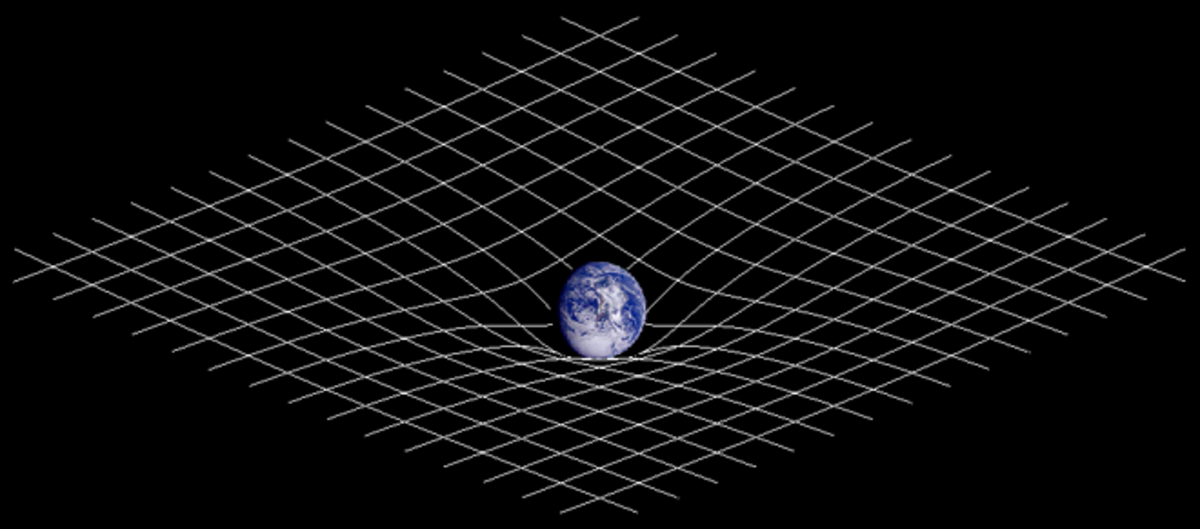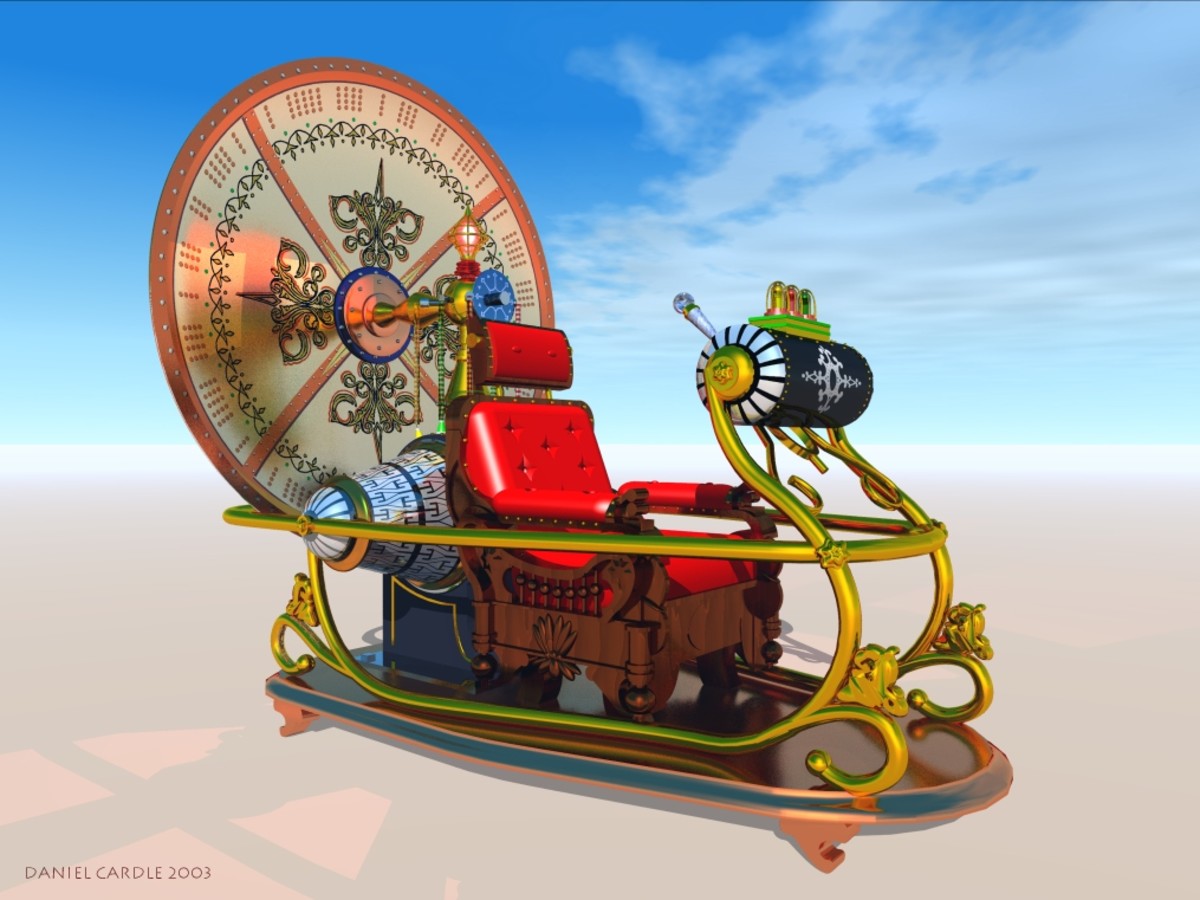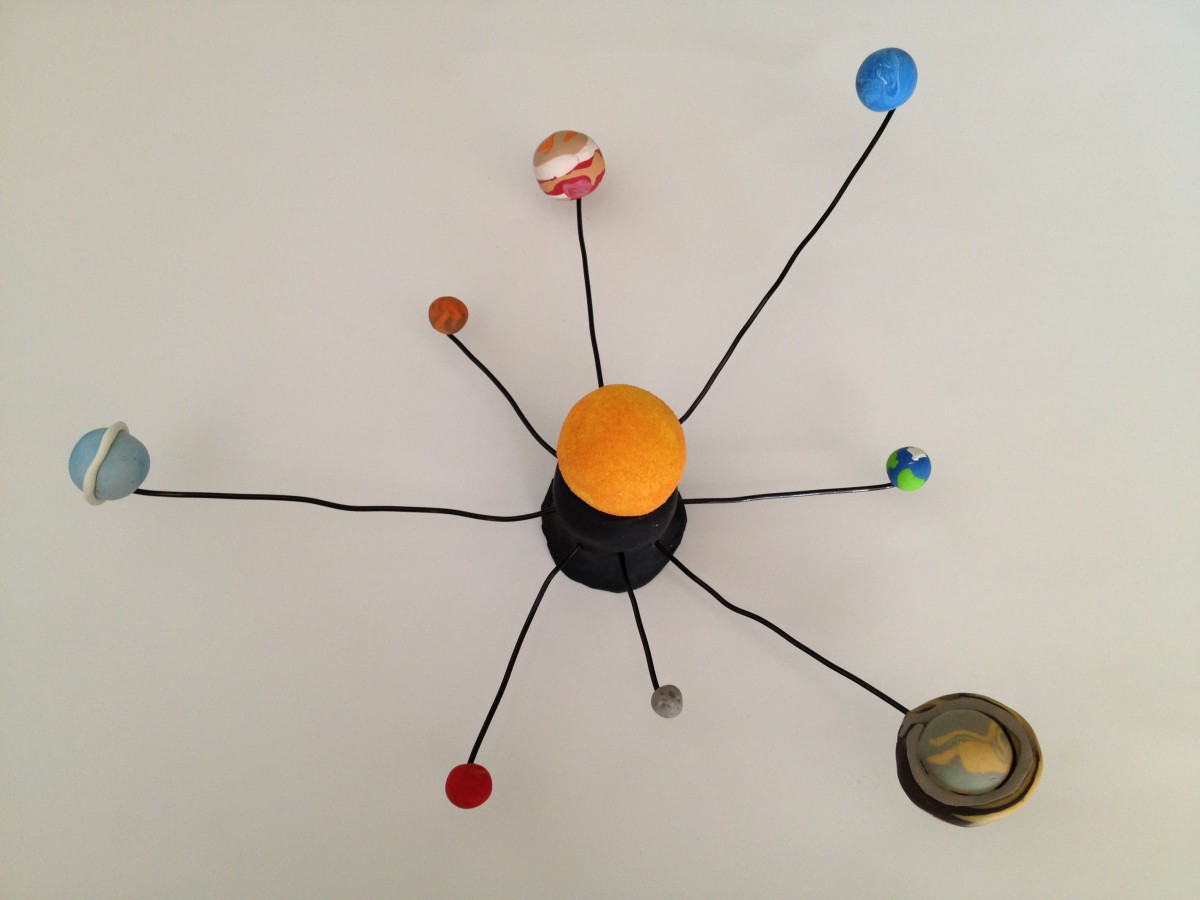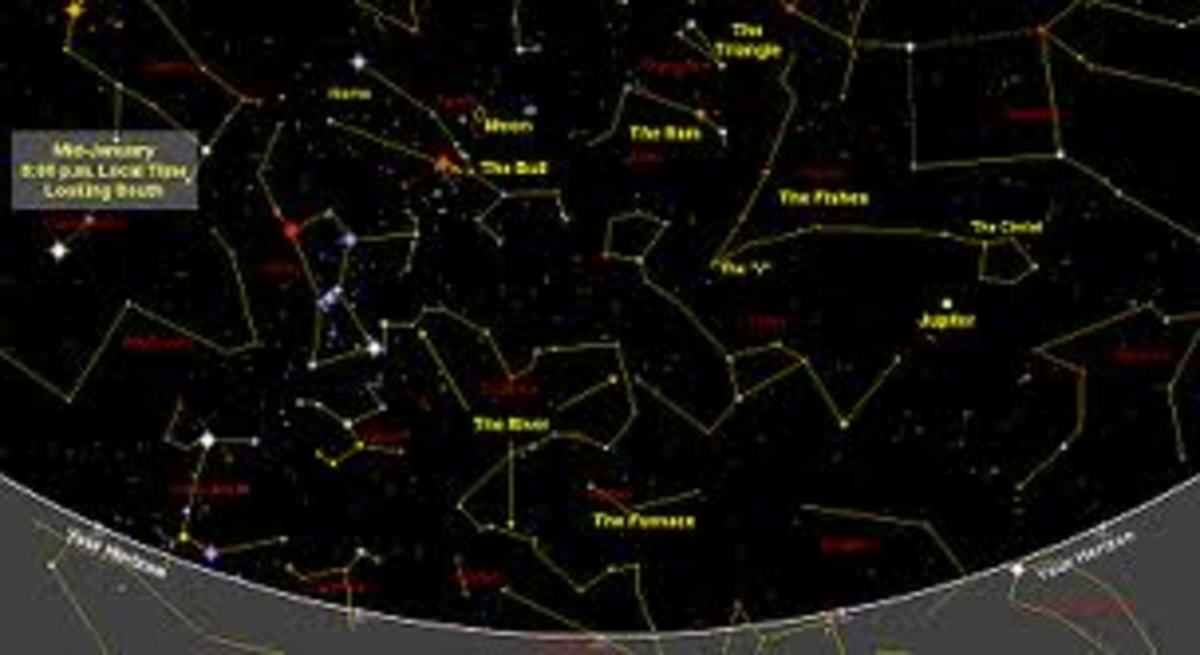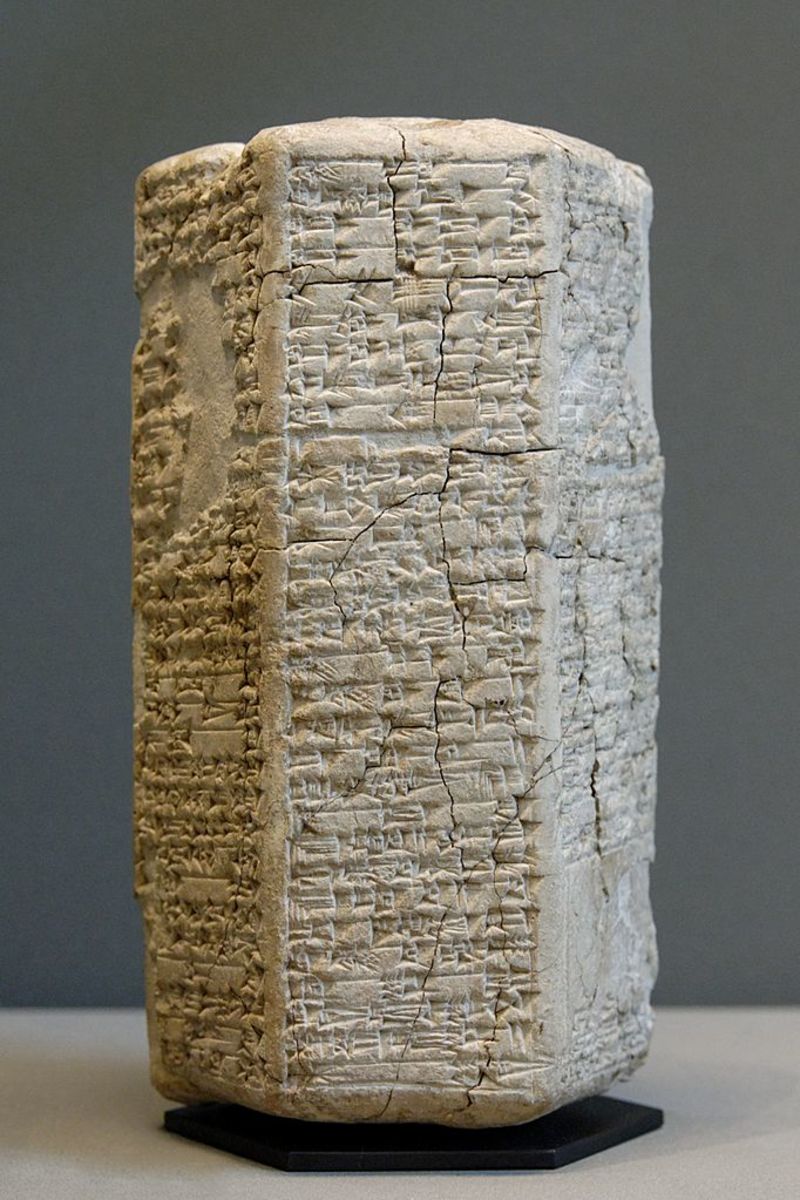Will We Ever Be Sucked Into The Milky Way Black Hole?
Black Holes have played a major part in many a Science Fiction story for many years.
But what is the truth about them?
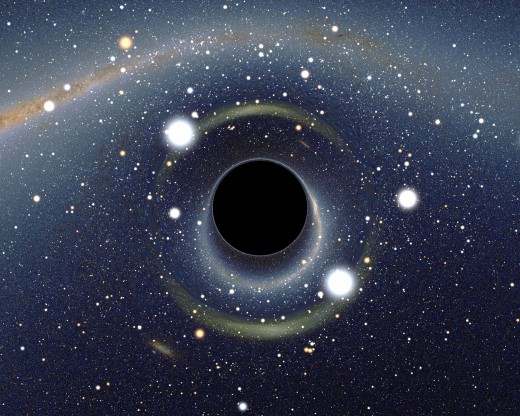
Black Holes In Fiction and Fact
Black Holes crop up in some to the best Science Fiction as well as in Factual Science. But what is the difference in the way they are portrayed?
Fiction
In Science Fiction they are sometimes used as the entrance to tunnels to other points in space or even time.
Fact
In reality if you entered a Black Hole you would probably be ripped apart by it. All that would come out of it if anything would be your atoms.
What do we Know about Black Holes?
Though the term 'black hole' was only coined in 1967, the study of objects that are so large that even light cannot escape, goes back to the late 18th century. It was the development of Einstein's General Relativity that helped define the properties of Black Holes.
Black holes are thought to be objects of large density who's gravitational pull is so strong that even light cannot escape it. Because light cannot escape they are hard to detect.
They are capable of devouring a planet or even a star.
Do they exist?
To prove their existence we need to find them but that is not an easy task. As their name suggests they are black in appearance making them impossible to see.
Although we cannot detect them directly with our eyes or a standard telescope, we can use them to observe their effects on the space around them.
When Did They First Come To The Attention Of Science?
Back in the 18th Century Scientist/Clergyman John Michell dreamed up the concept of a 'Dark Star' by combining two of the latest scientific ideas of the time. In doing this he thought about what would happen is a stars escape velocity1 was higher than the speed of light. In his thought experiment Michell came to the conclusion that if such a star existed it would be a 'Dark Star' and as such would not be detected by the equipment of the time. He also theorized that such a star would be very large.
How are they formed?
Supernova
The popular belief that a supernova can lead to the formation of a black hole my not be entirely true. In fact if we are to believe Einstein's General Relativity then the black holes that are out there in the universe have been there since the big bang.
High Energy Collisions
It has been believed by some scientists that they could be formed in high energy collisions. (It is this theory that made people believe that the Large Hadron Collider may create a black hole and destroy the earth.) There is no evidence to support or disprove this theory and we survived them turning the LHC on.
So how are they detected?
Looking of x-rays.
The presence of black holes can be detected by looking for binary star systems that emit x-rays. It is thought that the x-ray emission is caused by one of the stars being a black hole that is sucking in matter from the other.
Looking for areas of of high density mass.
Astronomers search space for large masses which are found by looking at the speed at which planets and other objects move around it. If there is no visible sign of what the mass that is causing the gravitational pull moving the objects around it is then this could be a Black Hole.
Are there Different Kinds of Black Hole?
Yes there are believed to be four classes of Black Hole.
-
Micro Black Holes
These are the smallest kind of Black Holes that have been hypothesized by physicists.
-
Stellar Black Holes
These Black Holes are believed to be formed by the collapse of a star after it can no longer withstand its own gravity.
-
Intermediate Mass Black Holes
There is tangible evidence of these existing but no one really knows how they would have formed.
-
Supermassive Black Holes
These are the Black Holes that are believed to inhabit the Center of Most if not all the Galaxies in the Universe. The Milky Way's is believed to be what we call Sagittarius A*. It is these Black Holes that I'm going to concentrate on in the rest of the article.
-
Primordial Black Holes
These are the Black Holes that are believed to have formed during or just after the Big Bang. It is possible that the Supermassive Black Holes mentioned above started to form at this time.
Supermassive Black Holes
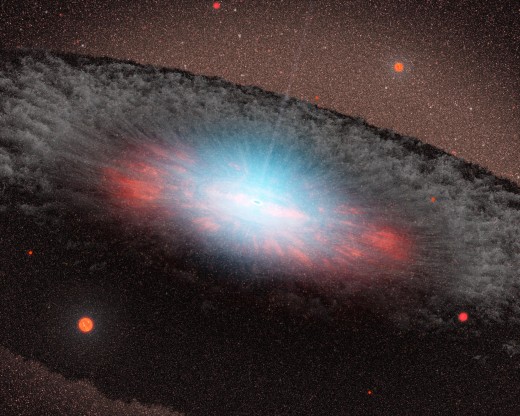
How do they form?
They could form from smaller Black Holes that started out as a star that went nova. Black Holes grow as they take in more matter.
They could have been formed at the time of the big bang and as such could be what is known as a Primordial Black Hole. This idea fits with them being at the center of a Galaxy as it could be the Black Holes Gravity that turns the Galaxy and moves it around the Universe.
Will we ever be sucked into the Milky Way Black Hole?
No!
Well not in our life time or even for a very long time.
We are too far away for the gravitational forces of the Black Hole for it to have a major effect on us. And even if we were close enough we would probably not even know it.
Is it sucking in matter now?
Yes it is. or it will be this year. There is a gas cloud heading on a collision course with Sagittarius A*.
For more information on black holes click link below
- Beyond The Event Horizon: Black Holes and Time Dilation.
What lies beyond a Black Hole. Is there only nothingness or another universe?
More Space Related Articles
- Our Galaxy
Our Galaxy, the Milky Way. - Dark Matter Coming to Light
The mysteries surrounding dark matter are starting to be unraveled. Yet it is becoming more mysterious. Could Black Holes help to explain Dark Matter? - What is a blood moon?
Over the next two years there will be four separate lunar eclipses. They will be what is sometimes referred to as a blood moon. - Why does the Sky Look Blue?
Why do we see a blue sky during the day
Footnote
1escape velocity is the speed an object needs to achieve in order to escape the gravitational pull of another object, planet or star.

